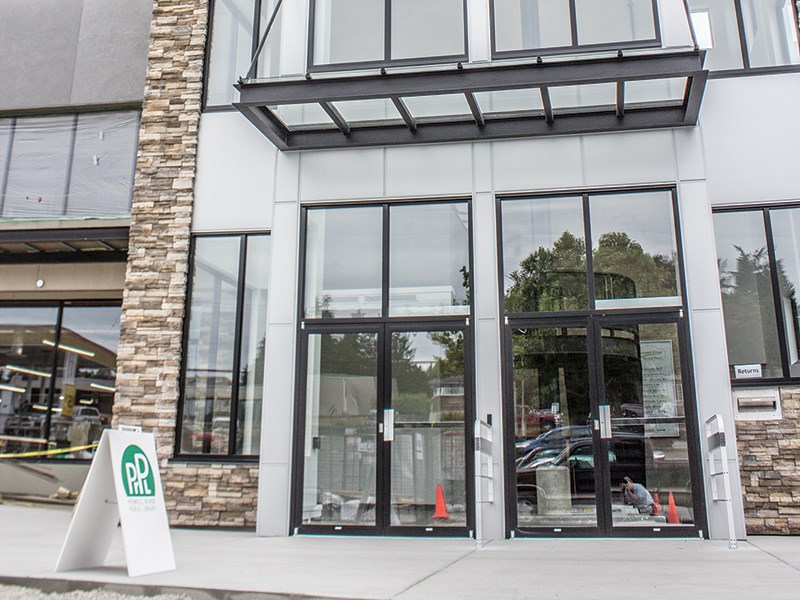In his instructive and inspirational TED talk: Everything you thought you knew about addiction is wrong, Swiss-British writer and journalist Johann Hari eloquently argues that “the opposite of addiction is not sobriety. The opposite of addiction is connection.”
Addictive behaviours can take many forms, from seemingly innocuous things such as spending too much time socially isolated in front of a screen, to the epidemic we are tragically witnessing daily with fentanyl and other addictive, and often fatal, substances. No one is immune to addiction and its damaging effects on mental health and community wellness.
For me, the most accessible and welcoming place where “connection” can occur is at the public library. More specifically, our new, bright and shiny Powell River Public Library.
As I referenced in my last column, regarding how positive change can lead to mental wellness, adapting to a changing environment is the basic recipe for success for everything alive.
The library is similar to a living, breathing entity in this respect. Its role in the community has changed from a quiet, dusty place where information was delivered mostly via books in silence, and enforced by hushing, stern librarians, to a new dynamic digital and social hub. It is a place essential for the vibrancy and health of our community and, in turn, for us as individuals.
American urban sociologist Ray Oldenburg calls places like our library the “third place.” The “first place” is your home and the “second place” is your work, places where the most time is spent. Oldenburg argues that third places should be free, welcoming and comfortable areas where someone’s social or economic status should be irrelevant and not prevent enjoyment or participation.
Oldenburg also suggests another ingredient for a healthy third place is availability of food or coffee. Our library fulfills all these requirements, not the least of which is the fresh beverages and food served by the kind, smiling folks at the café located inside.
Social disconnectedness plays a major role in mental-health disorders and communications technology, paradoxically, seems to be the major cause of an increasing sense of isolation in society.
For most of history, humans existed in small, hunter-gatherer communities where social isolation was non-existent. Epidemics of addiction and mental-health issues are, at least partly, products of the industrial, technologically driven age where we find ourselves living now.
The ability of the public library to nurture connection and community seems more important in the age of Google, where all information is a bewildering keystroke away, and when our sense of worth is wrongly measured by our number of Facebook friends or Twitter followers.
Our public library is a socially enriching, intellectually strengthening and spiritually renewing place. Ideas are discussed in spirited conversations, there is free access to digital platforms and bonds between community members can be made.
The library is an inclusive, diverse and empowering place. The shortbreads, muffins and fresh coffee are pretty good as well.
Robert Skender is a Powell River freelance writer and health commentator.



